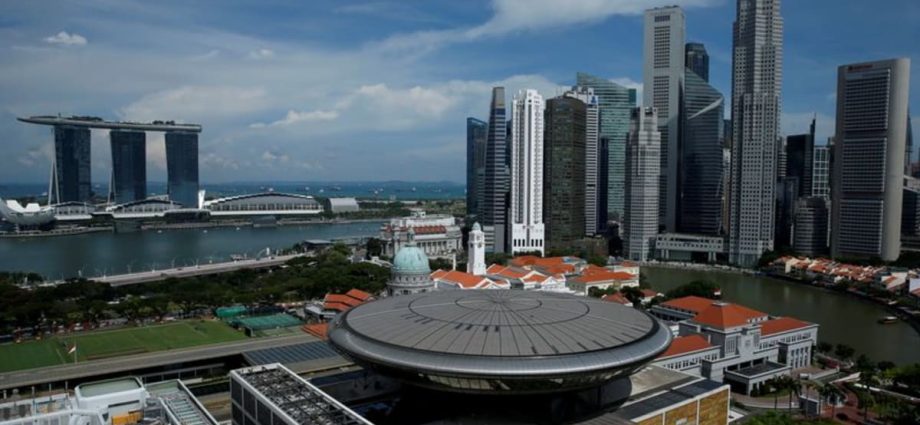
SINGAPORE: Singapore is introducing a new refundable tax credit to remain competitive and continue to attract high-quality investments, said Deputy Prime Minister and Finance Minister Lawrence Wong on Friday (Feb 16).
Making the announcement in his annual Budget speech, he noted that Singapore faces tougher competition for investments as governments around the world, such as Japan, roll out vast subsidies to attract investments, especially in strategic industries.
Singapore’s investment pipeline has been healthy so far despite a challenging external environment, he said.
Last year, the Economic Development Board (EDB) attracted S$12.7 billion (US$9.4 billion) in fixed asset investments which are expected to create over 20,000 new jobs.
“We cannot afford to engage in a bidding war with the major economies, but neither should we stand still and just do nothing,” Mr Wong said.
The new Refundable Investment Credit (RIC) – which works as a tax credit with a refundable cash feature – will aim to support “high-value and substantive economic activities”, the minister said.
These include the setting up or expansion of manufacturing facilities, new innovation and research and development (R&D) activities, as well as activities that support the green transition.
The RIC will be given out based on qualifying expenditures incurred by a company for a qualifying project over a period of up to 10 years, according to information provided by the Finance Ministry.
Such qualifying expenditures may include capital expenditure, manpower and training costs. Companies can receive up to 50 per cent of support on each qualifying expenditure category.
The total quantum of RIC that a company is eligible for will be determined by EDB or EnterpriseSG.
If awarded, companies will be able to use the credits to offset against their payable corporate income tax. Any unutilised credits will be refunded to the company in cash within four years from when the RIC is approved.
Separately, a S$2 billion top-up will be made to the National Productivity Fund this year, as a further boost to the country’s investment promotion toolkit, said Mr Wong.

